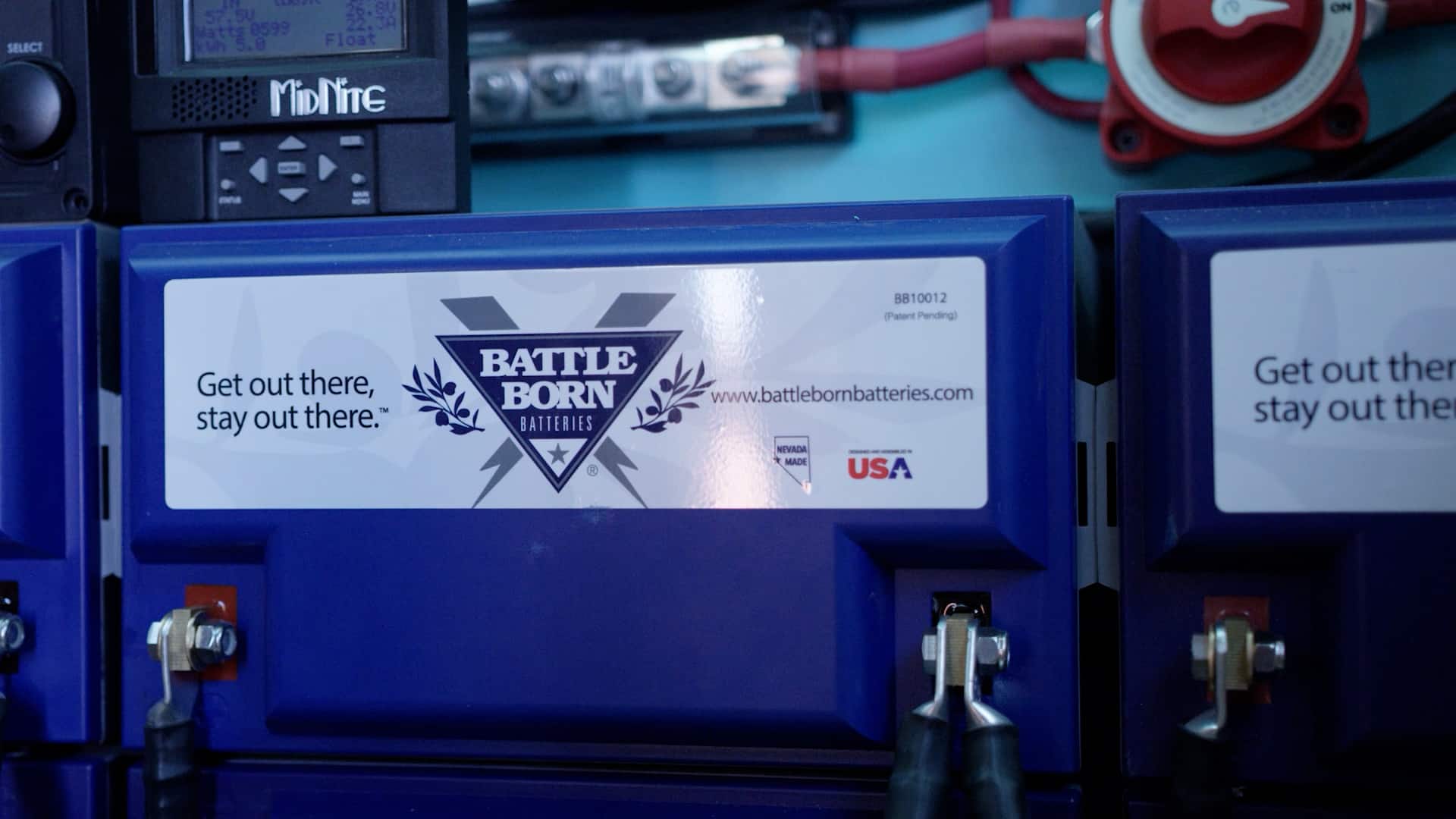John Goodenough, an acclaimed scientist and recipient of the Nobel Prize, is known for his groundbreaking work in the invention of the lithium-ion battery. His innovation has transformed technology and enabled the power of devices ranging from smartphones to electric vehicles. His breakthrough in the 1970s using lithium cobalt oxide as the cathode material allowed for higher energy density and led to the widespread adoption of lithium-ion batteries in modern devices.
Goodenough’s work laid the foundation for developing 12V lithium-ion batteries and beyond. Now, these batteries power many modern devices, from smartphones to electric vehicles.
THE DISCOVERY
John Goodenough’s name is synonymous with the lithium-ion battery, a technological advancement that changed how we live and interact with the world. Previously, rechargeable batteries could not reach their full potential because of the cathode materials’ limitations. The cathode is a crucial component of a battery as it stores and releases ions during charging and discharging. The quest for a cathode material that could offer higher energy density and longer-lasting performance was a central challenge in battery research.
Goodenough’s innovation was to use lithium cobalt oxide (LiCoO2) as the cathode material in rechargeable batteries. One advantage of Goodenough’s discovery was the realization of a high-voltage platform. The lithium cobalt oxide cathode enabled a significantly higher voltage than previously used cathode materials. This voltage boost allowed for more energy to be stored and delivered in each battery cell, effectively increasing lithium-ion batteries’ energy density and performance.
A MODERN-DAY APPLICATION
Goodenough’s contributions have profoundly impacted society, enabling long-lasting smartphone batteries, electric vehicles, and renewable energy storage solutions. His groundbreaking discovery remains at the forefront of rechargeable energy storage technology.
Nowadays, the production of lithium batteries involves cutting-edge techniques that incorporate the principles established by Goodenough. They undergo several stages, including electrode preparation, separator coating, electrolyte preparation, cell assembly, battery pack assembly, a Battery Management System (BMS) integration, and rigorous safety and reliability testing.

LASTING DISCOVERY
The enduring legacy of John Goodenough continues to shape our modern world, bringing forth advancements in technology and sustainable energy solutions. This clears the path for a greener and more sustainable future. Lithium batteries are popular for off-grid, RV, solar storage, and other deep-cycle applications. They have a significant amount of advantages over traditional lead-acid batteries.
CONTINUED USE IN OUR MODERN WORLD
Lithium-ion batteries offer reliable and efficient energy storage in off-grid scenarios, storing excess energy from renewable sources for later use. In RVs, lithium batteries provide longer-lasting power, faster charging, and higher efficiency, a solution perfect for the mobile lifestyle. Lithium batteries in solar energy storage systems capture and release solar energy effectively, with a longer lifespan and reduced maintenance compared to lead-acid batteries.
Their deep cycle capabilities and built-in safety features make them ideal for frequent use, while scalability allows for future expansion. Lithium batteries offer greater energy independence and sustainability despite a higher upfront cost, making them a worthwhile investment for these applications.
DEDICATED TO HIS MEMORY
John Goodenough’s journey as a scientist and inventor has had an impressive impact on technology. His pioneering work in solid-state physics and the invention of the lithium-ion battery have left an enduring legacy. A legacy that continues to shape our world today.
“Professor Goodenough was a giant among American scientists, whose contributions to chemistry and materials science not only earned him a Nobel Prize but fundamentally improved multiple aspects of modern society. Transportation, consumer electronics, and energy generation have all been radically affected by his lithium-ion battery. His productivity well into his later years is nothing short of legendary,” said Dragonfly Energy CEO Dr. Denis Phares.
From powering our gadgets to driving us into a greener future, Goodenough’s contributions to modern society and science are immeasurable. Let us be inspired by the Nobel Prize laureate’s enthusiasm for exploration. His innovations will continue to improve the world through science and technology.



Leave a Reply